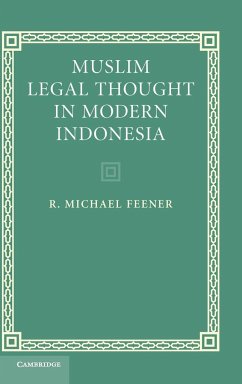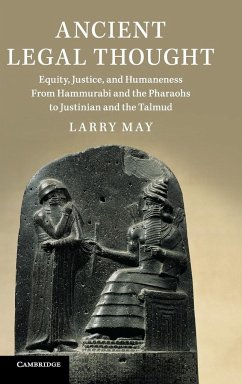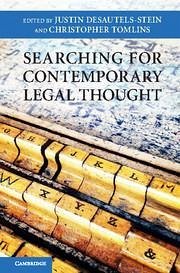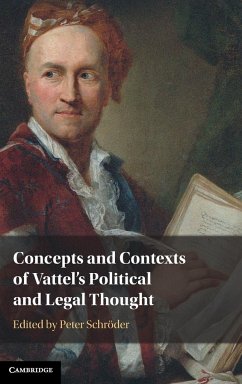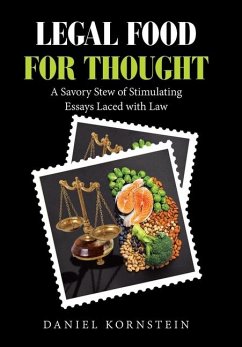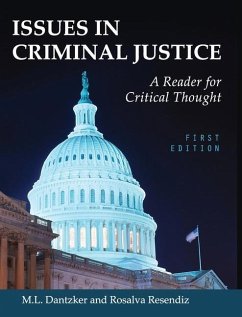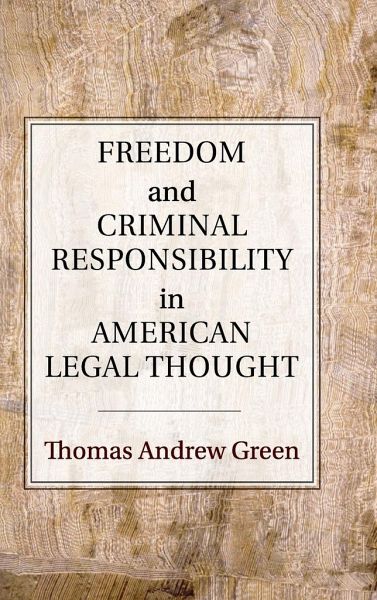
Freedom and Criminal Responsibility in American Legal Thought
Versandkostenfrei!
Versandfertig in 1-2 Wochen
92,99 €
inkl. MwSt.
Weitere Ausgaben:

PAYBACK Punkte
46 °P sammeln!
As the first full-length study of twentieth-century American legal academics wrestling with the problem of free will versus determinism in the context of criminal responsibility, this book deals with one of the most fundamental problems in criminal law. Thomas Andrew Green chronicles legal academic ideas from the Progressive Era critiques of free will-based (and generally retributive) theories of criminal responsibility to the midcentury acceptance of the idea of free will as necessary to a criminal law conceived of in practical moral-legal terms that need not accord with scientific fact to th...
As the first full-length study of twentieth-century American legal academics wrestling with the problem of free will versus determinism in the context of criminal responsibility, this book deals with one of the most fundamental problems in criminal law. Thomas Andrew Green chronicles legal academic ideas from the Progressive Era critiques of free will-based (and generally retributive) theories of criminal responsibility to the midcentury acceptance of the idea of free will as necessary to a criminal law conceived of in practical moral-legal terms that need not accord with scientific fact to the late-in-century insistence on the compatibility of scientific determinism with moral and legal responsibility and with a modern version of the retributivism that the Progressives had attacked. Foregrounding scholars' language and ideas, Green invites readers to participate in reconstructing an aspect of the past that is central to attempts to work out bases for moral judgment, legal blame, and criminal punishment.





